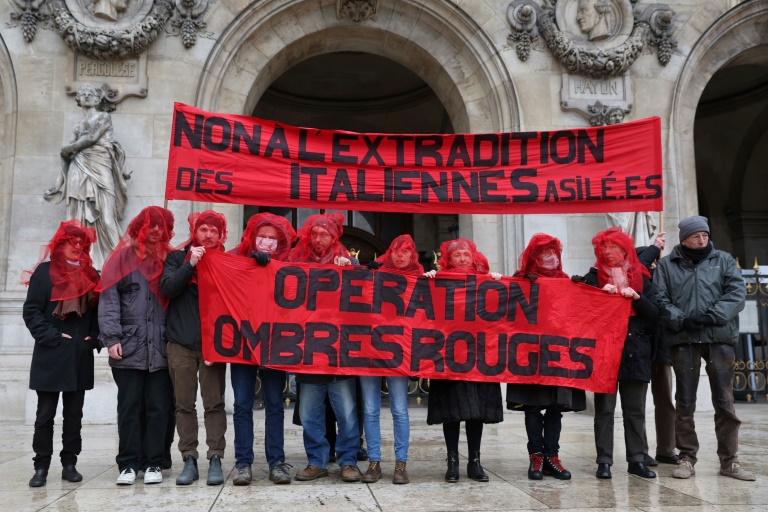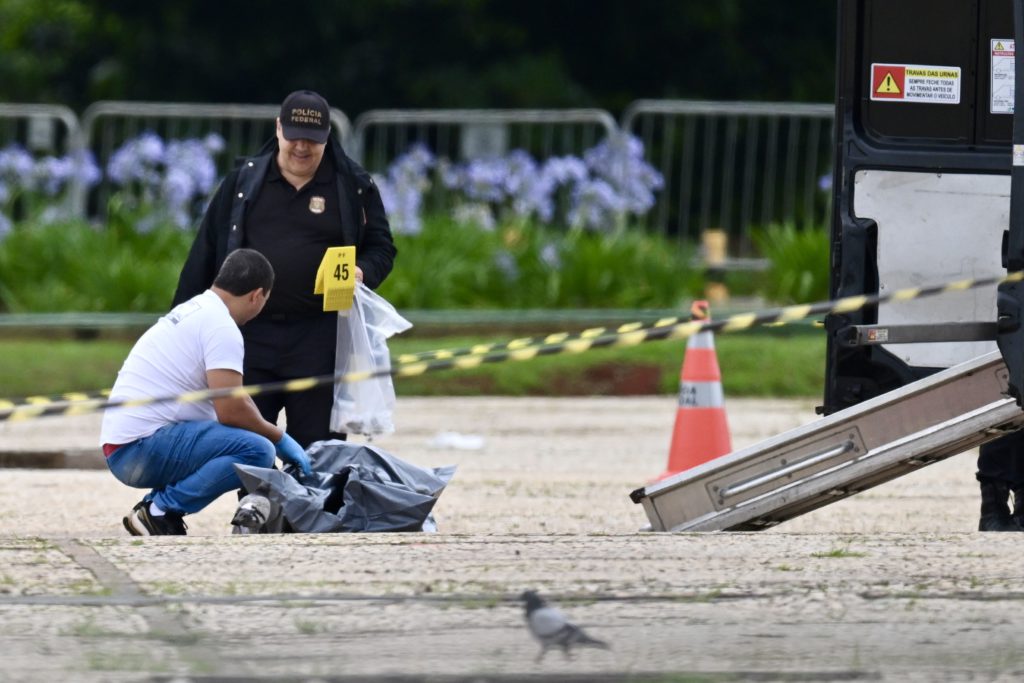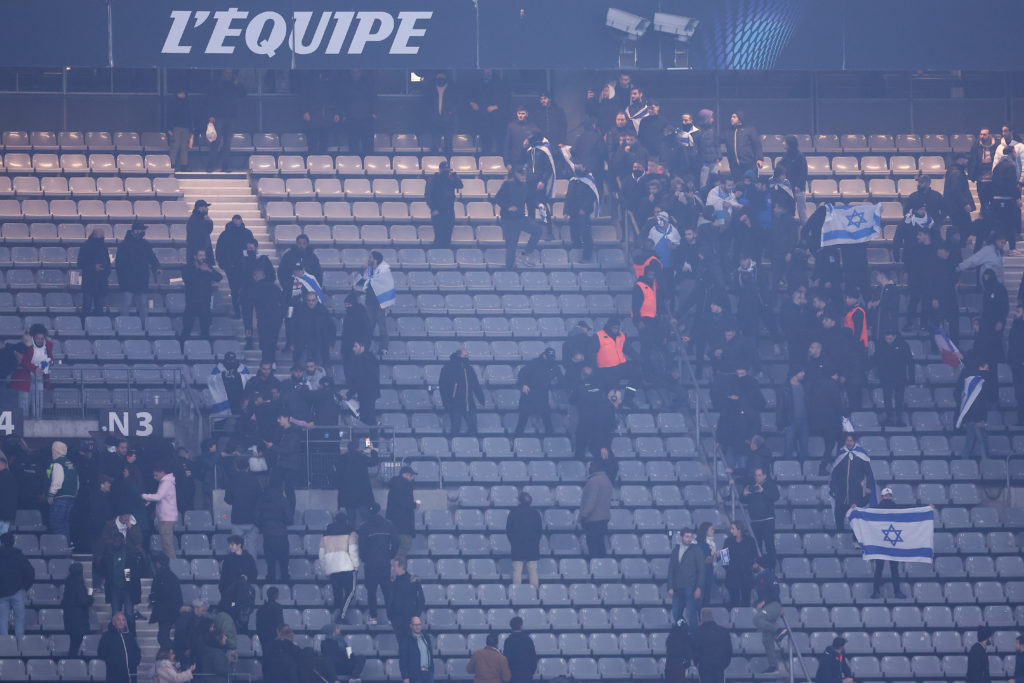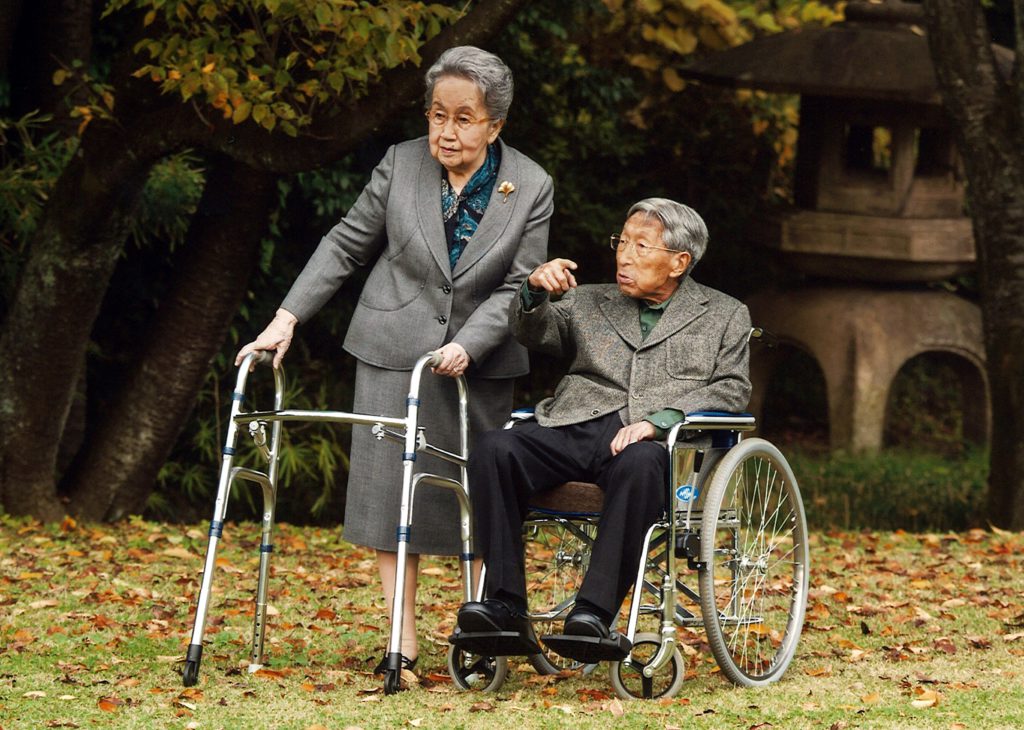A French appeals court on Wednesday turned down Italy’s request to extradite 10 former members of left-wing Italian extremist groups exiled in France for their involvement in violence decades ago.
The ultra-leftist Red Brigades and other armed groups sowed chaos during the period in Italy known as the “Years of Lead” — referring to the numbers of bullets fired — from the late 1960s to mid-1980s.
The violence left 360 dead and thousands injured.
The French court based its decision on respect for private and family life and the right to a fair trial, said the court’s chief judge.
Most of the former group members, aged 61 to 78, have been living in France for decades and during the hearings insisted on their links to France and slammed Italy’s “persecution”.
The ruling was greeted with relief by the 10 exiles, who fell into the arms of relatives and loved ones in the courtroom.
“It’s the triumph of rights, humanity and justice,” said lIrene Terrel, lawyer for seven of the people involved.
– ‘Painful page in history’ –
“I’m really pleased for my client,” said lawyer Jean-Louis Chalanset, who represents former Red Brigades member Enzo Calvitti. “I was scared he would end his days in prison.”
The reaction from Rome was swift, with Italian Justice Minister Marta Cartabia saying she awaited the “reasons for a ruling that indiscriminately denies all extraditions”.
“This is a judgement long awaited by the victims and the entire country, concerning a dramatic and still painful page of our history,” Cartabia said in a statement.
France has long served as a haven for Red Brigades figures under a policy set by former Socialist president Francois Mitterrand, who offered them protection from extradition on the condition that they renounced violence and had not been accused of bloodshed.
But last year current French President Emmanuel Macron gave his green light for the detention and potential extradition of 10 sentenced former members of the Red Brigades or other armed groups, in a bid to remove a long-standing irritant in Franco-Italian ties.
– ‘Death penalty in disguise’ –
“Sending me at 70 to die in prison would be a punishment from the dark ages,” said former Red Brigades member Marina Petrella, 67, before the ruling.
She said the procedures were “traumatic” for her two daughters and grandson after 30 years in France where she worked as a social worker.
“My life is in your hands, because if I go back to Italy, I will die in an Italian prison,” said Narciso Manenti, 64, who has spent the last 40 years in France, also before the ruling.
The cases of the eight men and two women all differ. Some have been sentenced in Italy in their absence, while others have spent some time in Italian prisons and another group avoided time behind bars.
“In light of the age of these people, accepting extradition is a death penalty in disguise,” said Terrel in the run-up to the ruling.
In a statement after the ruling, the public prosecutor of the appeals court Remy Heitz said the decision was likely to be subjected to an appeal with France’s Court of Cassation.
And a lawyer for the Italian state, William Julie, said he would wait to see if prosecutors ask for the case to be sent to the Court of Cassation and to know the detailed grounds for the decision.
Many in Italy believe the 10 should face justice in Italy.
“These murderers have never paid their bill with Italian justice and in light of today’s decision they probably never will,” said Giorgio Meloni, leader of the far-right Brothers of Italy, calling the French decision “unacceptable and shameful”.
The 1970s in Italy was marked by violent social uprisings. Far-right groups carried out random terror attacks in public areas to maintain a “strategy of tension” in a bid to force the emergence of an authoritarian regime.
Meanwhile ultra-leftist revolutionary groups carried out targeted assassinations against union members, magistrates, journalists, police officers and politicians.
The Red Brigades were the most notorious on the left and were blamed for hundreds of murders, including the kidnapping and killing of Christian Democrat leader and former premier Aldo Moro in 1978.











